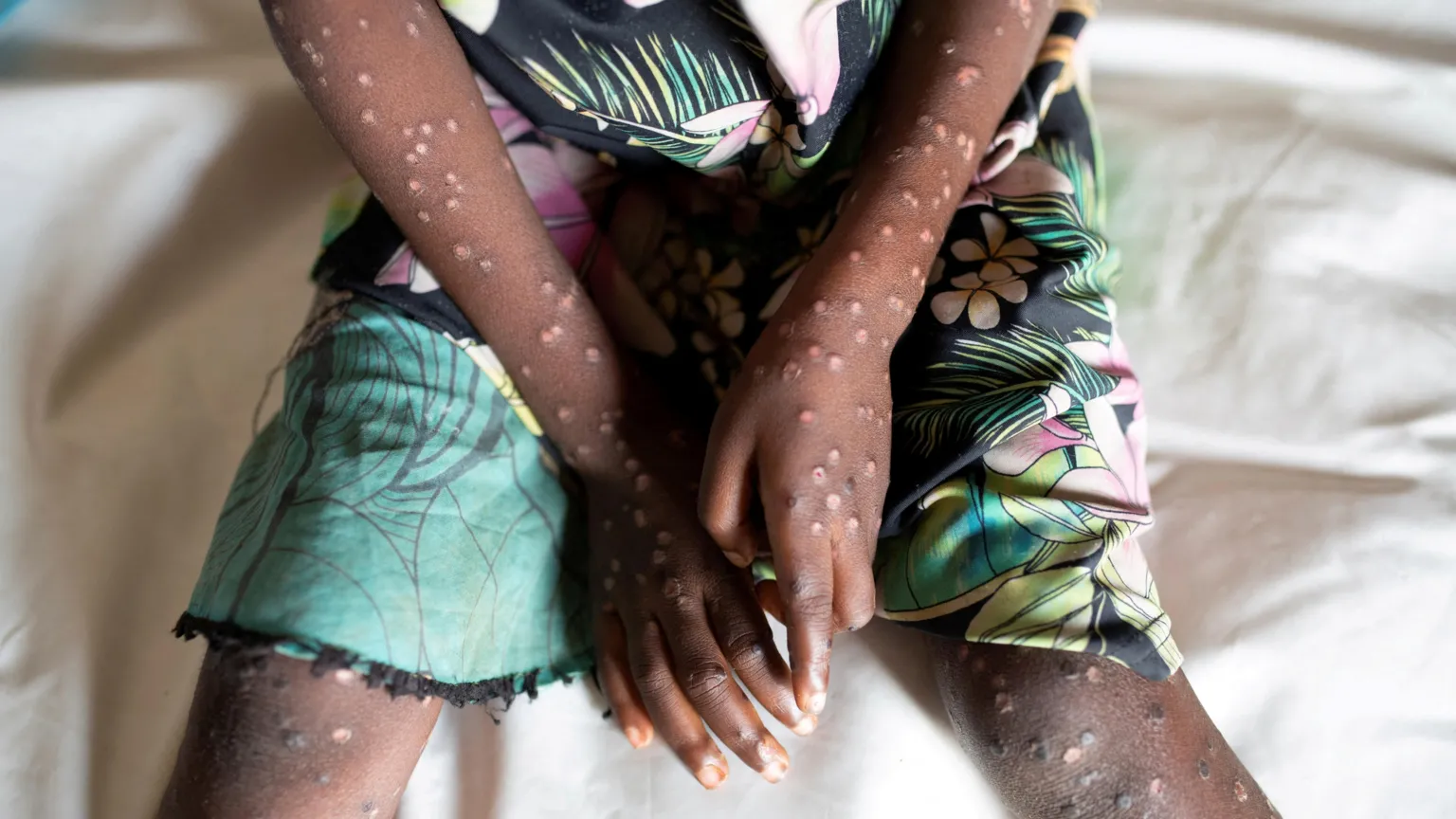Nigeria has reported 67 confirmed cases of Mpox out of 1,031 suspected cases across 23 states and the Federal Capital Territory, according to the Nigeria Centre for Disease Control and Prevention (NCDC).
This update was presented at a briefing in Abuja on Wednesday.
The distribution of confirmed cases is as follows: Akwa Ibom (8), Enugu (8), Bayelsa (6), Cross River (5), Benue (4), Plateau (4), Delta (4), FCT (3), Imo (3), Lagos (3), Rivers (2), Abia (2), Osun (2), Anambra (2), Ogun (2). Other affected states include Kaduna (1), Gombe (1), Edo (1), Niger (1), Ebonyi (1), Nasarawa (1), Kebbi (1), and Oyo (1).
Dr. Jide Idris, Director General of the NCDC, emphasized that the agency is enhancing surveillance to ensure accurate detection of Mpox.
He stated, “We are working with the port health authority to prevent the importation of Clade I of Mpox into the country, the port health authority is also working with border states to ensure prevention of the clade into the country.
“We have laboratories across the country but not all of them have the same capabilities to test Mpox. So, we are optimising our laboratories to detect so that we don’t have to carry samples across states. We are also involved in awareness creation.”
Mpox, a rare viral zoonotic disease, can be transmitted from animals to humans and between humans. Endemic to parts of Africa, especially the tropical rainforests of Central and West Africa, it spreads through direct contact with infected animals such as monkeys, squirrels, and rodents, or their bodily fluids. Human-to-human transmission occurs through direct contact with infected individuals or contaminated materials.
Symptoms of Mpox include fever, headache, body aches, weakness, swollen lymph nodes, and a distinctive rash that typically starts on the face and spreads to other parts of the body, including the palms, soles, and genital areas.



